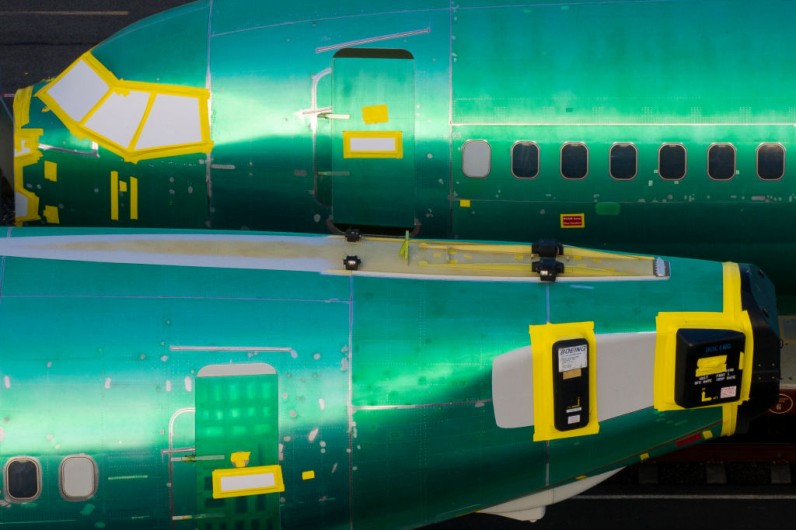
A federal judge in Texas has set a June 23 trial date for Boeing in a criminal case related to the deadly crashes of its 737 Max aircraft.
The case stems from allegations that the company misled regulators about the safety of the jet before two crashes in 2018 and 2019 killed 346 people.
According to AP, US District Judge Reed O'Connor made the decision on Tuesday, canceling a previous deadline for Boeing and the US Department of Justice (DOJ) to negotiate a resolution.
The DOJ had been in discussions with Boeing about a plea deal, but the judge rejected an earlier agreement in December 2023.
Boeing and the DOJ had been working to reach a new settlement that would have avoided trial. However, O'Connor's latest order indicates that the case will move forward in court unless a new agreement is reached beforehand.
In 2021, Boeing reached a deferred prosecution agreement with the DOJ, which protected it from criminal charges as long as the company complied with safety and compliance measures.
However, prosecutors later determined that Boeing had violated that agreement. This conclusion followed a January 2024 incident in which a panel detached from an Alaska Airlines 737 Max mid-flight, reigniting safety concerns.
A federal judge ordered Boeing to stand trial June 23 in a criminal case over two deadly crashes of its 737 Max aircraft, a stunning turnaround in the long-running legal saga over the planemaker’s culpability https://t.co/RoYRc97Goo
— Bloomberg (@business) March 25, 2025
Boeing Faces Federal Trial After Judge Rejects $487M Plea Deal
Under the rejected plea deal, Boeing would have pleaded guilty to conspiracy to defraud the Federal Aviation Administration (FAA) and paid a fine of up to $487.2 million.
Additionally, the company would have been required to invest $455 million in compliance programs and accept three years of government oversight.
Judge O'Connor, however, rejected the agreement, citing concerns over the process of selecting an independent monitor, Bloomberg said.
The decision to move forward with a trial marks a significant shift in the government's handling of the case. Until now, Boeing had largely avoided criminal prosecution, with only one mid-level employee previously facing trial—and ultimately being acquitted.
Many relatives of the victims have long pushed for a public trial and stronger penalties against Boeing.
Paul Cassell, an attorney representing some of the victims' families, stated, "Boeing can have no defense at trial. It previously admitted its crime when it agreed to the original deferred prosecution agreement."
Boeing has maintained that it continues to work with the DOJ in good faith to resolve the case. The company stated, "Boeing and the Department of Justice continue to be engaged in discussions regarding an appropriate resolution of this matter."







Join the Conversation